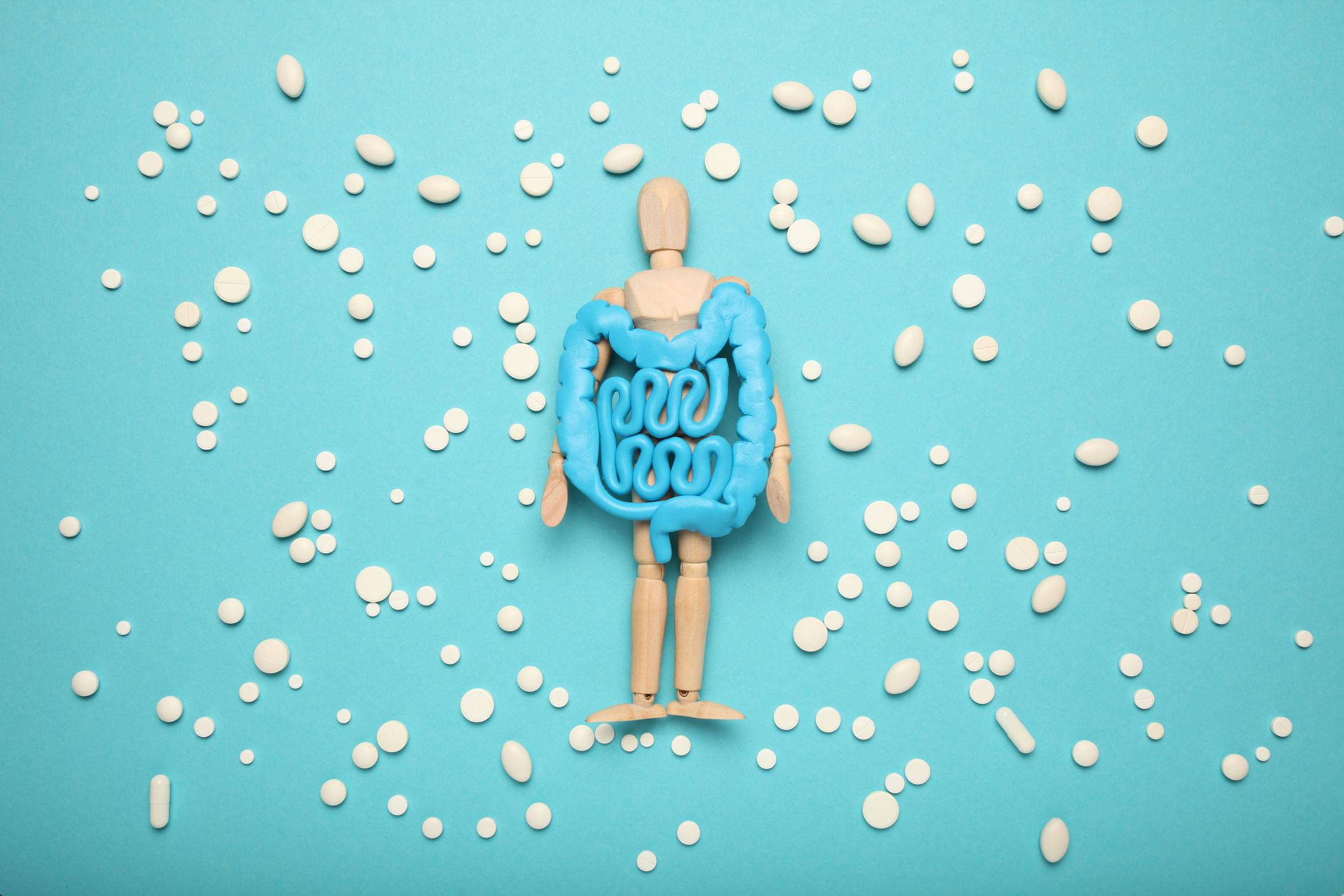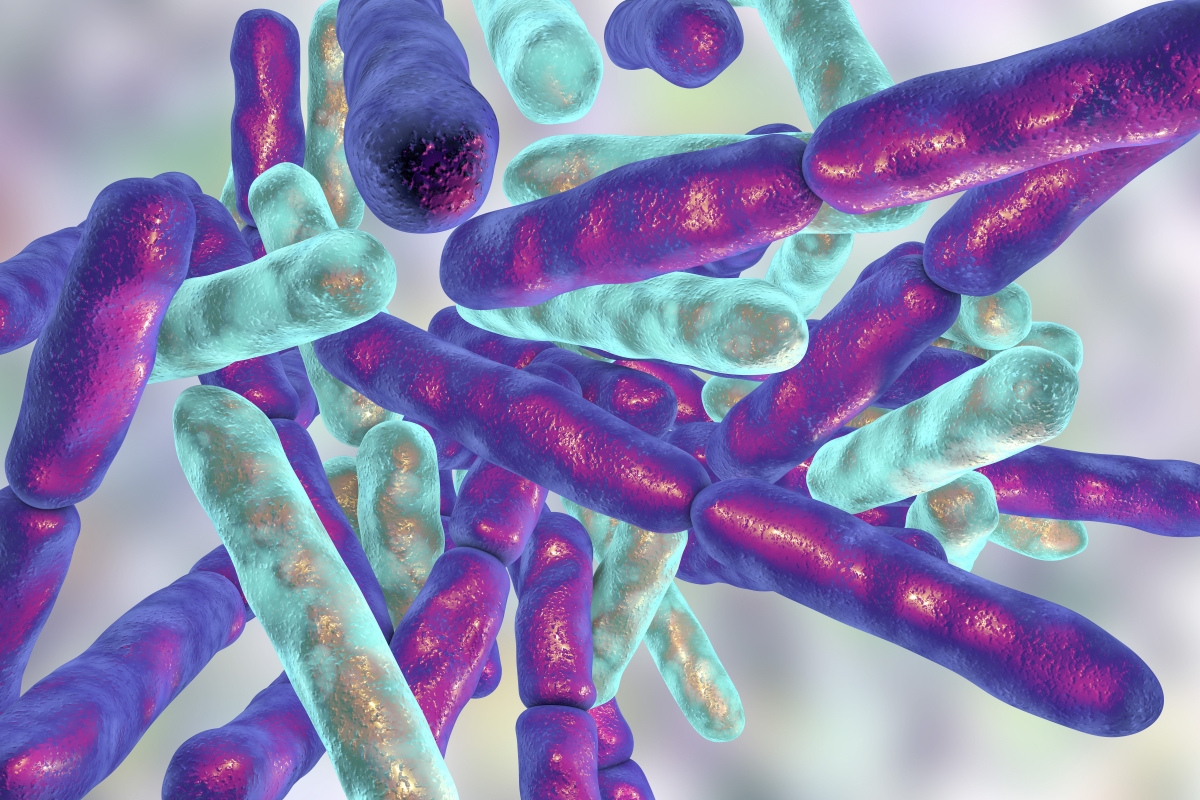F. prausnitzii potentially modulates the association between citrus intake and depression

The gut microbiome plays a crucial role in how diet impacts overall health, but the specific interactions between dietary components, gut microbes, and depression risk remain unclear. This study by Samuthpongtorn et al. (2024) aimed to explore these connections using extensive dietary and depression data from a long-term cohort of women (n = 32,427). Additionally, a subgroup (n = 207) underwent fecal metagenomics and plasma metabolomics analysis, with an independent validation cohort of men (n = 307) included for comparison. The results indicate that citrus consumption and its components are linked to a reduced risk of depression and changes in the abundance of 15 gut microbial species, including an increase in Faecalibacterium prausnitzii. Furthermore, individuals with depression exhibited lower levels of F. prausnitzii and its metabolic pathway, specifically the S-adenosyl-L-methionine (SAM) cycle I. To investigate causality, researchers found that reduced SAM production by F. prausnitzii could lead to decreased intestinal monoamine oxidase A gene expression, a key factor in serotonin and dopamine synthesis. These findings highlight the significant role of diet, particularly citrus intake, in preventing depression and provide insight into how gut microbiota mediate this effect. [NPID: Gut microbiome, depression, citrus fruits, metagenomics, metabolomics, transcriptomics]
Year: 2024
 Navigation
Navigation








